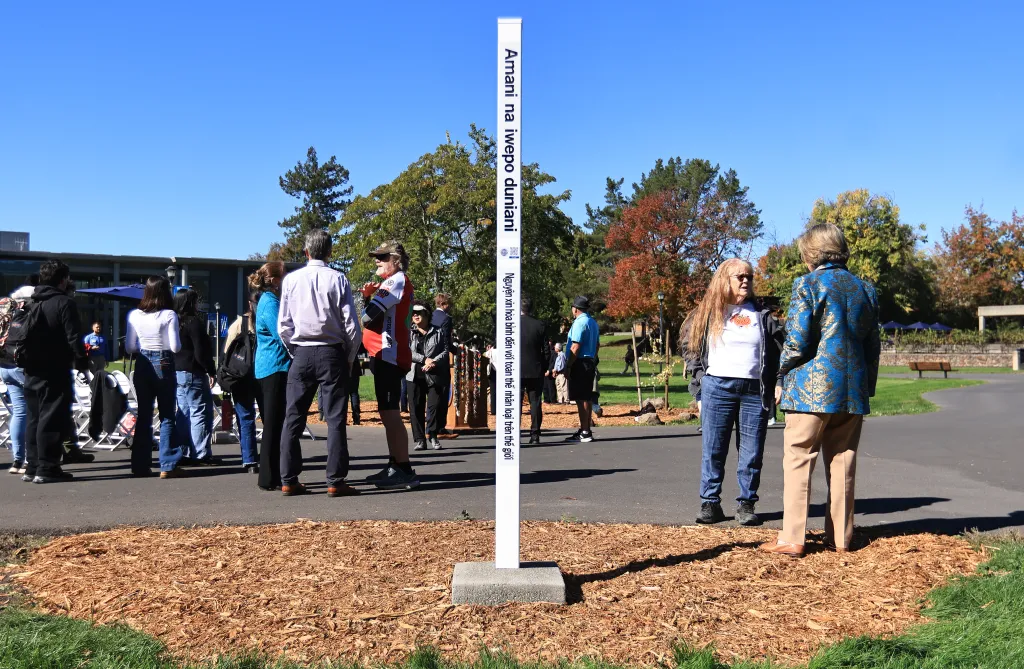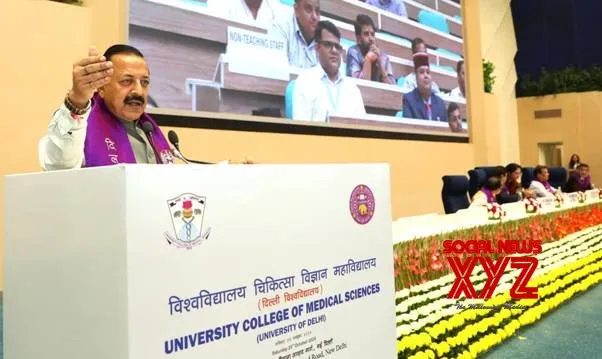Copyright scotsman

Scotland’s colleges have long been engines of opportunity - helping people gain the skills and confidence to succeed while supplying employers with the talent they need. But today, our sector stands at a crossroads. The recent Audit Scotland 2025 report lays bare what many of us have warned for years: the funding and regulatory model for Scotland’s colleges is no longer sustainable. Over the past five years, the sector has faced a 20 per cent real-terms cut in funding. Across the country, colleges are reducing staff, scaling back courses and deferring vital maintenance. Similarly, the Scottish Funding Council report on the sustainability of colleges paints a bleak picture, including a looming cash crisis for the sector as a whole. I’m proud of what we’ve been able to achieve at Edinburgh College given the drop-off in funding, we have reached the limit of what ‘doing more with less’ can achieve. Staffing levels have reduced by over 30 per cent and by 2027 we will have had to save £30 million simply to remain viable. Our students receive the lowest public investment per learner of any college or university in Scotland. A student studying a Higher or HNC at college is funded at roughly half the rate of someone studying the same qualification in school or at university. That inequity hurts not only students, but the economy. Yet despite these pressures, Edinburgh College refuses to stand still. We are determined to lead transformation, not manage decline. Our board, chaired by businesswoman Nora Senior CBE, challenged us to identify five areas critical to Scotland’s future. We ferociously analysed data and industry trends to focus on sectors that are key to the future of Edinburgh & Lothians and the wider economy: Net Zero and sustainability, healthcare, creative industries, digital and data innovation, and hospitality and tourism. In some of these curriculum areas, we are piloting new delivery models with a focus on shorter, fast track professional qualifications and upskilling opportunities for people already in work. We are exploring ways of freeing staff time for upskilling and innovation. We are also growing in key areas of provision where year on year we have had to turn many hundreds of people away as a result of reductions in funding. This approach will enable students to move more quickly into work, ensure our teaching keeps pace with technology, and allow us to respond faster to local and national skills needs. We are also developing centres of expertise in digital technologies, applied innovation, and Net Zero transitions - regional hubs that will anchor new curricula, attract investment and connect learners directly with employers. However, genuine transformation at college level requires change in the system that supports us. We are asking for three simple, practical reforms: Fair and flexible funding, focused on outcomes rather than inputs, so efficiency and innovation are rewarded, not penalised. Transition funding, to support short-term investment while we modernise delivery models. Regulatory flexibility, allowing colleges to pilot new approaches quickly in response to workforce demand. This is not a plea for more money; it is a call for smarter investment. Every pound spent on college education delivers skills, productivity, and opportunity. Reforming how funding is allocated and measured would help every region of Scotland thrive. Colleges are essential to meeting Scotland’s ambitions on climate, digital transformation and inclusive growth. But unless the current system changes, we risk losing the very institutions best placed to drive those ambitions forward. The Audit Scotland 2025 report is more than a warning, it is a turning point. Edinburgh College stands ready to lead. What we need now is a funding and policy framework that allows us to innovate, collaborate and grow. Scotland cannot afford to let its colleges wither. The future of our workforce, and our economy, depends on getting this right. Audrey Cumberford is the Principal and Chief Executive of Edinburgh College



